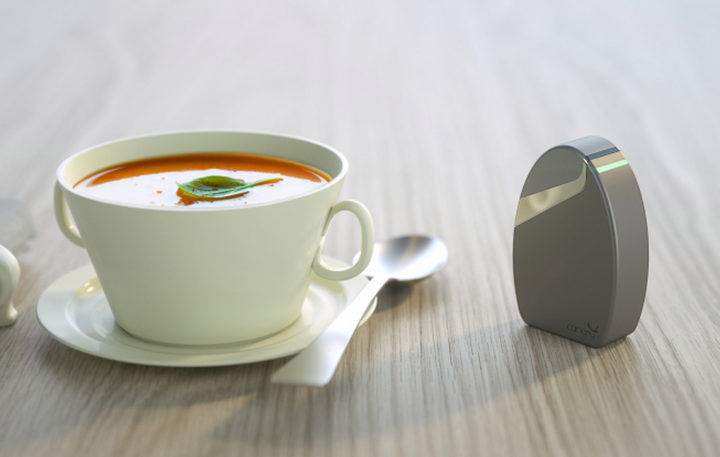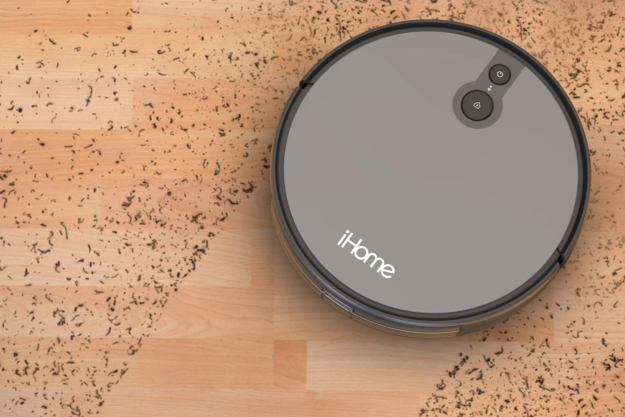
Founded by MIT alums Shireen Yates and Scott Sundvor, 6SensorLabs has spent the past few years developing a chemistry-based method for detecting food allergens. To start, their first device will focus on gluten detection for people with Celiac Disease and gluten sensitivity, as well as non-allergic types who have simply embraced the recent anti-gluten zeitgeist.
Related: This tiny molecular spectrometer tells you the chemical makeup of foods
The design will undoubtedly undergo a few tweaks and changes before its finalized, but the gluten testing device will reportedly cost just $150, and consist of two parts: a sensor pod, and a number of single-use disposable testing units that users dip into their food. Once a sample is collected, the testing stick is placed in the pod, the device works its magic, and then beams the test results to your smartphone via Bluetooth. 6Sensorlabs is also building an accompanying smartphone app for the device which, in addition to displaying test data, will allow users to share test results with other users to educate them about which restaurant items are safe for those with food allergies or food sensitivity.
It’s still under development at this point, and but the company has recently raised a $4 million in seed funding to accelerate the process and help bring the product to market. If all goes well, they hope to start volume production sometime in early 2015. And gluten is just the beginning — In the future the company hopes to produce disposable testing pods for a wide range of different allergens, including things like dairy and peanuts. Find out more here.




